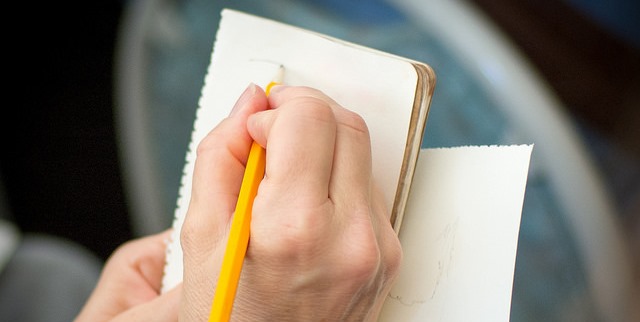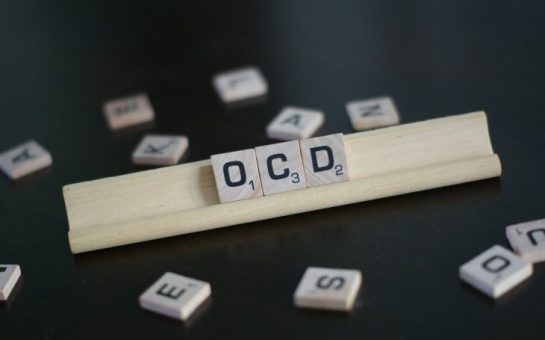In recent years mental health has become a key focal point and even more so since the start of the coronavirus pandemic.
The isolation, financial stress and anxieties the pandemic created has undoubtedly had a significant impact on mental wellbeing for all.
However, for those with disabilities who may already face limitations and restrictions, this has been devastating.
Youth mental health charity YoungMinds report that 90% of disabled young people have felt socially isolated over the course of the pandemic.
This week is Mental Health Awareness Week (10th-16th) and Revitalise, a national charity providing respite care in a holiday setting for disabled people and their carers has some of the best ways disabled, and able-bodied people can look after their mental health.
Keeping Active
Exercise has been proven to improve mental health dramatically. An American study undertaken by The Lancet Psychiatry Individuals found people who exercised had 43·2% fewer days of poor mental health in a month than individuals who did not.
Getting yourself moving triggers an endorphin rush to the brain which helps improve mood.
Doing something as little as going for a short walk or simply stretching in your garden is enough to make an impact.
Staying Social
Keeping social has not been the easiest of tasks over the past year and many vulnerable people are thought to be continuing isolation post-lockdown.
In this case, modern technology and services such as Zoom have become a god-send.
Chatting with friends and family members can easily be done through the internet allowing you to stay within your comfort zone and abide by social distancing rules.
Frequent virtual calls with your support network will help to decrease feelings of isolation, boredom and loneliness and give you something to look forward to.
It may not be in the circumstances we all expected, but quiz nights over Zoom make for the perfect weekend entertainment.

Get Creative
Indulging in your hobbies – be it reading, writing, playing music, painting or dancing – is a great way to keep your mind occupied and free of stress.
If you don’t already have a hobby or are finding your usual one isn’t as thrilling as it once used to, picking up a new interest or hobby is a great idea.
Learning a new skill that you enjoy is bound to increase feel-good emotions and will also keep you stimulated throughout the day.
Take a Break
This is easier said than done, but taking time out of your day for self-care is essential.
There are no rules as to what is classed as self-care but it is mainly something you find comforting and relaxing.
Some examples are watching your favourite TV show, having a bath, eating your favourite food or meditation.
Reality and social media can be overwhelming at times and it is key to know when to switch off.
The theme this year for Mental Health Awareness Week is ‘nature’ and there are lots of ways that you can get involved at: https://www.mentalhealth.org.uk/campaigns/mental-health-awareness-week



